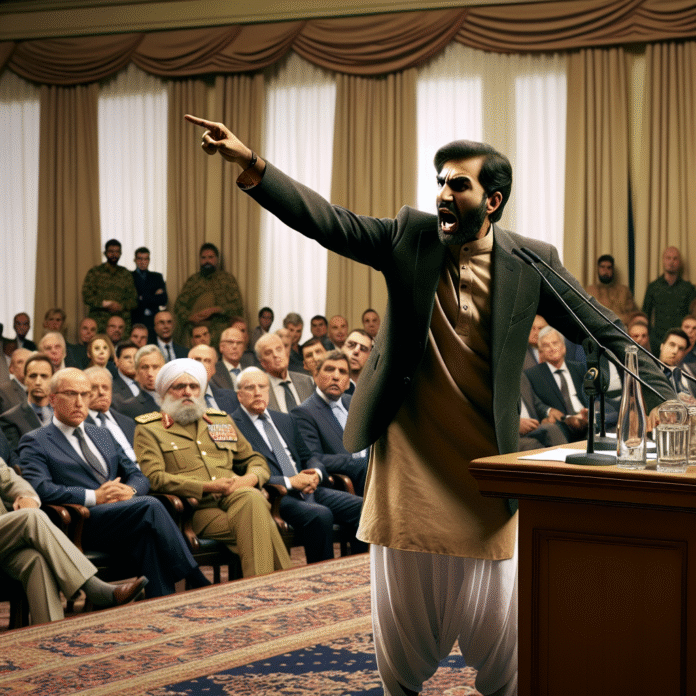Owaisi Criticizes Pakistan Army Chief in Riyadh
Asaduddin Owaisi Critiques Pakistan Army Chief During Riyadh Visit
In a recent event held in Riyadh, Indian politician Asaduddin Owaisi directed sharp criticism towards the chief of the Pakistan Army, General Asim Munir. Owaisi’s remarks came in light of allegations that Munir has been associating with individuals designated as terrorists by the United States.
Owaisi, the president of the AIMIM (All India Majlis-e-Ittehadul Muslimeen), emphasized the implications of such associations, arguing that they undermine regional stability and security. He referred to the ongoing tensions between India and Pakistan, pointing out how the actions of the Pakistan Army continue to fuel conflicts in the subcontinent.
Context of the Remarks
Owaisi’s comments are significant not only due to their political implications but also because they reflect broader concerns regarding terrorism in South Asia. The relationship between India and Pakistan has been historically fraught, with accusations of cross-border terrorism frequently exchanged between the two nations. Owaisi’s assertion regarding the US-designated terrorist indicates a broader narrative that seeks to hold the Pakistan military accountable for its alleged support of militant groups.
International Reactions
The statements made by Owaisi have sparked discussions among political analysts and international relations experts. Many are keenly observing how such remarks might influence diplomatic ties between India, Pakistan, and the United States. The U.S. has been heavily involved in South Asian geopolitics, and its designation of certain individuals or groups as terrorists carries significant weight.
The Pakistan Army, on the other hand, has consistently denied any involvement with terrorist organizations, advocating for its role in combating terrorism within its borders. However, critics argue that the military’s historical connections with various groups complicate its narrative.
Implications for Regional Security
Owaisi’s comments serve as a reminder of the enduring complexities in South Asian politics. The interaction between military leadership and terrorist affiliations poses challenges not just for India and Pakistan but for the entire region. Analysts warn that continued tensions may lead to increased military posturing and potential conflicts, further destabilizing an already volatile area.
In conclusion, Asaduddin Owaisi’s remarks in Riyadh resonate beyond mere political rhetoric; they highlight the intricate web of relationships and accusations that characterize India-Pakistan relations. As the region navigates these challenges, the international community remains watchful, hoping for a path towards lasting peace and stability.

